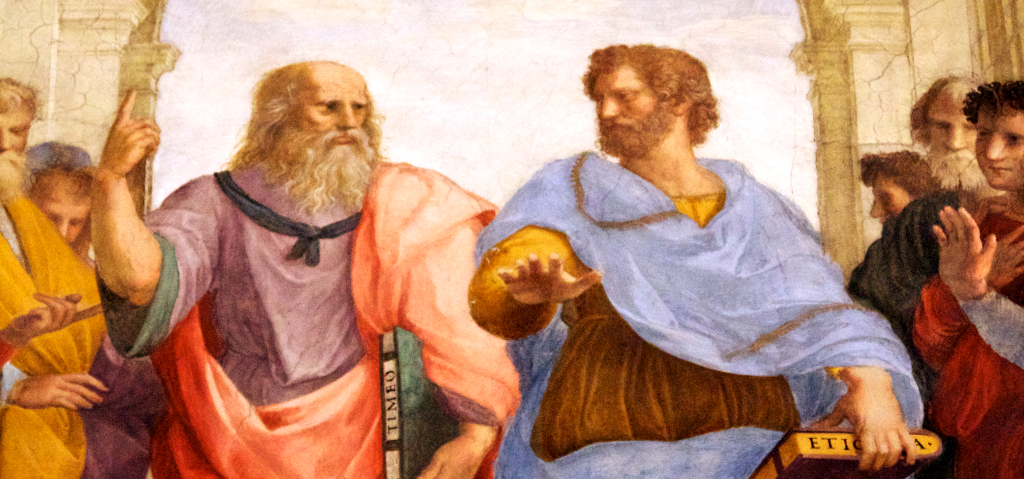
I noticed that Go Into The Story reposted an index of the excellent series of posts on Aristotle’s Poetics from 2013, and it occurred to me that I should definitely write something about that here.
And then it struck me. I know! What about my favourite Poetics principle? It could even be a meme, right? With animated gifs and hashtags (#poeticsftw, #mypoeticsfave, #probableornecessarypoeticsprinciple). And then came the recognition (and we all know how important a moment of recognition is, right?) – what an utter, utter, utter geek I am.
Nothing to do but own it, I guess.
For the record, my favourite Poetics element is reversal – because it’s the purest magic. A reversal is distinct from a change in fortune – which, to Aristotle, is also a characteristic of the best narratives (a king’s reign ends in murder, a kitchen skivvy marries a prince). The other kind of reversal, the magic kind, is a change in understanding and meaning. Something happens to prompt a moment of recognition – say a messenger appears with seemingly good news. This alters the course of the plot, but more importantly it forces the protagonist and the audience to revisit what went before. That outlaw was the king, was Oedipus’s father. The hero’s wife is his own mother. Meanings flip back on themselves – and at that moment, we rewrite and transform the entire story. Reversal animates a narrative, makes its components quiver and do double duty. And then, when we read for a second time, we read two stories at once, we suppress our own foreknowledge and let it thrill us too.
photo credit: Plato and Aristotle via photopin (license)




